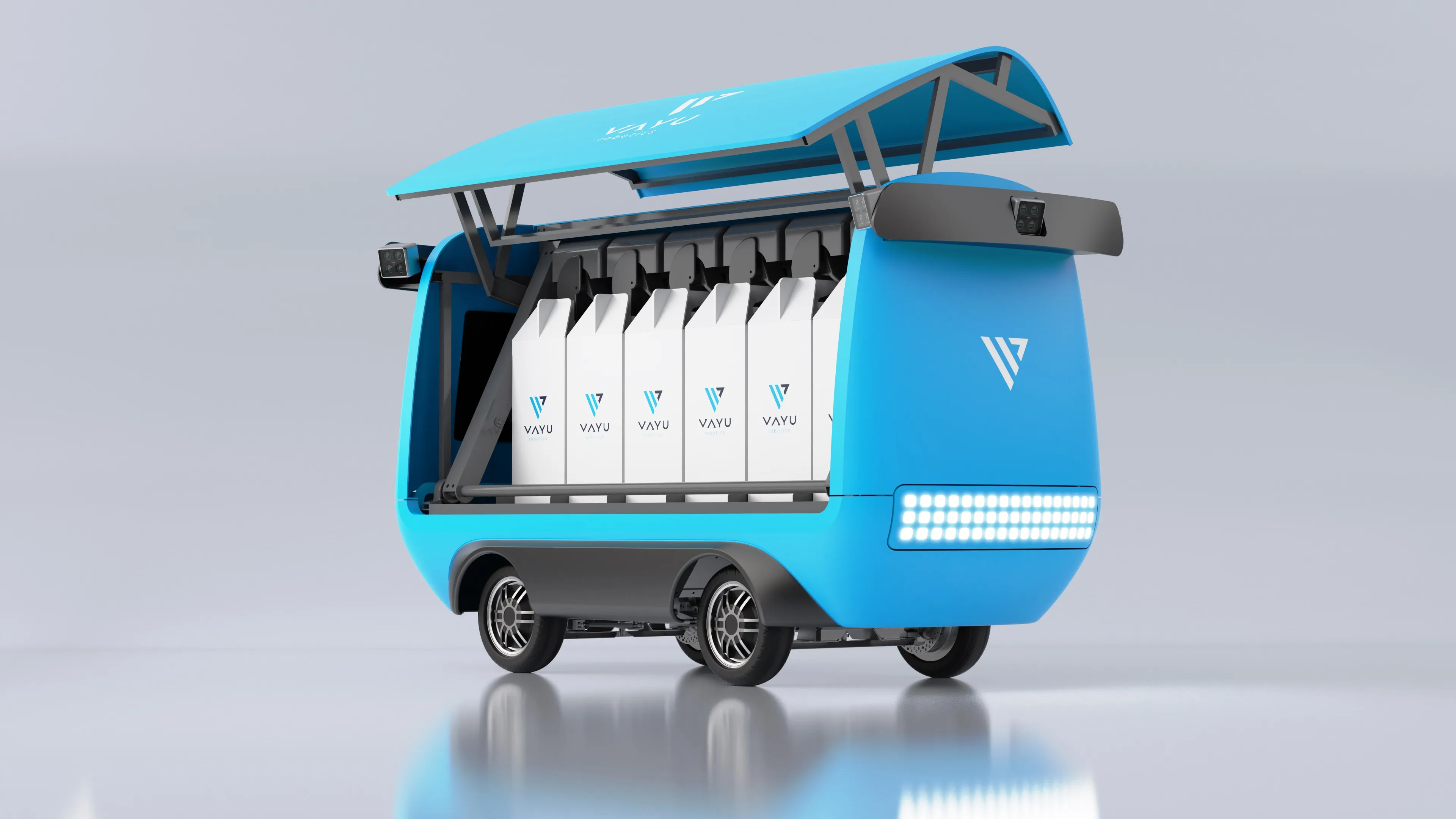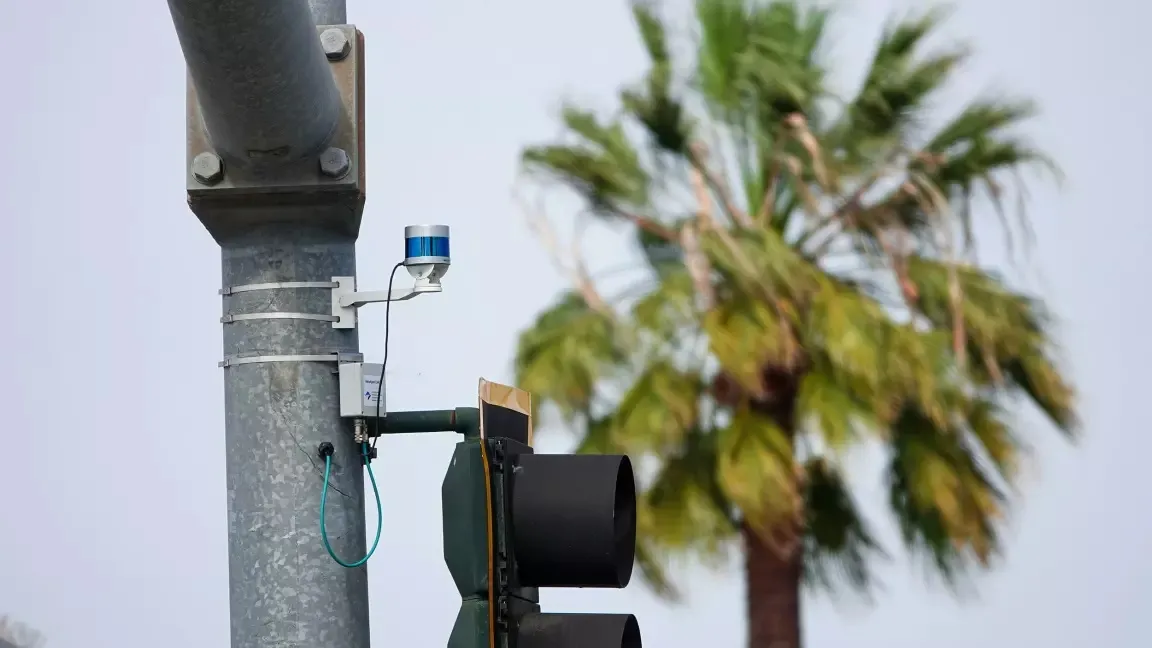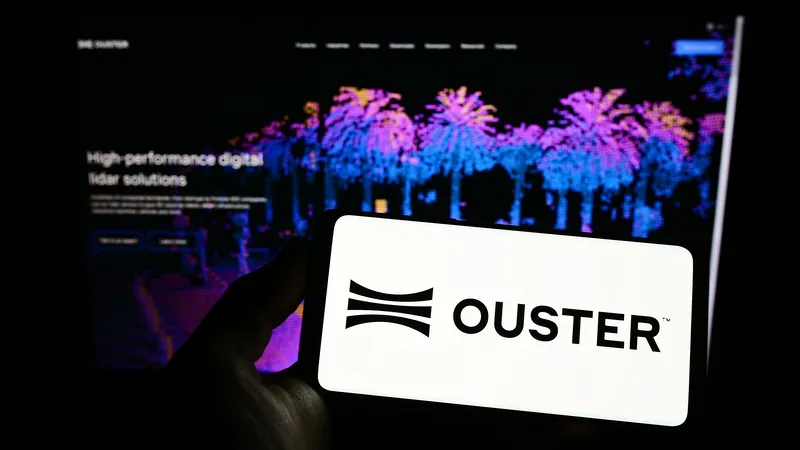
Vayu Robotics has released what it says is the “world’s first” on-road delivery robot that combines artificial intelligence with low-cost non-Lidar passive sensors.
The company says that its Delivery Robot will “slash” the cost of e-commerce deliveries. Vayu says that “this model is the first-of-its-kind, offering the most cost-effective, safe, reliable delivery system on the market".
Vayu’s robot combines a transformer-based mobility foundation model with a powerful passive sensor that, together, eliminate the need for Lidar. As a result, Vayu’s Delivery Robot operates autonomously without pre-mapping the roads upon which it intends to drive. It is also capable of navigating inside stores, on city streets and unloading packages on driveways or porches, carrying up to 100lbs at under 20mph.
The technologies employed by the robot has allowed Vayu to solve problems that have plagued delivery robots over the past decade, suggests co-founder Anand Gopalan, former chief executive of Lidar supplier Velodyne. Vayu says its Delivery Robots are already being debuted in real-world applications.
The company recently signed what it says is “a substantial commercial agreement” with “a large e-commerce player” to deploy 2,500 robots to enable ultra-fast goods delivery. Similar commercial deals are in the pipeline. Vayu is also working with a leading global robotics manufacturer to replace Lidar sensors with Vayu’s sensing technology for other robotic applications.
“In the near future, Vayu's software technology will enable the movement of quadrupedal and bipedal robots, allowing us to expand into those markets as well,” said Gopalan.
Vayu is financially backed by Khosla Ventures and Lockheed Martin Ventures.










